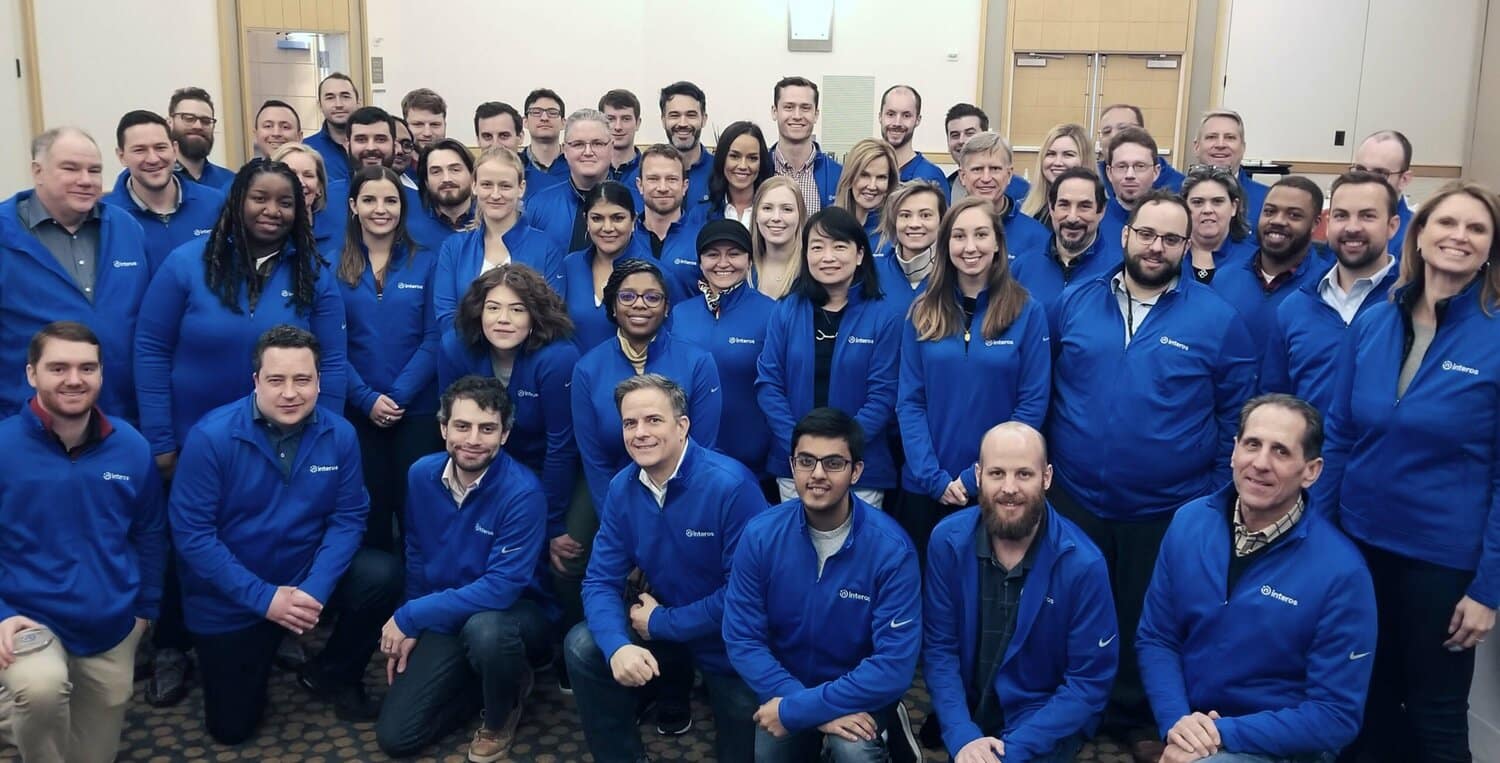
Sometimes it takes something breaking for the world to realize just how important it is. We saw that in a big way over the past year when it came to our digital and physical supply chains.
2021 kicked off with a massive compromise of our software supply chain in the SolarWinds attack, which compromised 18,000+ organizations, including many of our nation’s most critical government agencies and commercial entities. The supply chain attacks didn’t end there: Colonial Pipeline, Kaseya, JBS… the list goes on.
We also all felt supply chain challenges in a more personal, physical way — at the grocery store, the hardware store, the auto dealership and more. We can joke about hoarding toilet paper or complain about the lack of lumber or price of beef, but these are incredibly critical global supply chain challenges that threaten organizations around the world.
On top of that, you’ve seen more and more companies asking questions (rightly so) about environmental, social and governance implications of their supply chains. These are important ethical questions that often can be hard to get to the bottom of without the right tools.
While some of these crises may have been more pronounced because of COVID, this is a challenge that is much bigger than that. It isn’t going away any time soon. If anything, it only will get worse. We are now facing significant physical, financial, and cybersecurity vulnerabilities in our supply chain, but now the bad guys are paying attention (and I can guarantee they will begin to take advantage). We are more at risk than ever before if we don’t take the necessary steps to ensure resiliency.
Each of these challenges derives from a lack of visibility and actionability over our digital and physical supply chains. I sit on the board of and advise many companies and this is the №1 question they have right now: how do I secure my supply chain? As part of that, how do I get visibility into our extended supply chain and then build in resiliency.
One way we are helping with this mission at NightDragon is by investing in Interos, a supply chain risk management and operational resilience technology company. We are leading a $100 million Series C round in the company, with a goal to accelerate their business to meet the needs of today’s market. The $1 billion valuation speaks not only to the magnitude of this problem but also to the power of Interos’ team and technology to solve it.
Interos uses an artificial intelligence and machine learning-based cloud platform to instantly map and continuously monitor global supply chains. It also identifies important environmental, social and governance (ESG) issues, including unethical labor practices and greenhouse gas emissions. Interos’s technology is used by many Fortune 500 brands, the U.S. Department of Defense and NASA.
What first stood out to me about Interos is that they saw this problem coming back in 2005. CEO Jennifer Bisceglie and team are career experts in supply chain and understand first-hand the need for real-time mapping of the physical, financial, ethical and cybersecurity supply chain vulnerabilities that could cause significant harm. They have “been there, done that” for more than a decade, as most of us just begin to realize this is a problem.
There are intense ramifications if we don’t begin to act on this problem. Attackers have realized supply chain is a vulnerable area for organizations everywhere and I can guarantee they will take advantage. We have also seen the implications of what can happen to our businesses and everyday life when things like gas, toilet paper, lumber and more are shut off or hamstrung.
Thankfully, businesses are beginning to pay attention. 78% of boards of directors said they now confer on this topic at least once a month, with 39% saying supply chain security and resilience is their business’ current top priority. 50% expect it to be a top priority in two years.
In short: now that we’re paying attention, we have to take action. NightDragon looks forward to playing our part by working with Interos to help close this gap, alongside existing investors Kleiner Perkins and Venrock.
